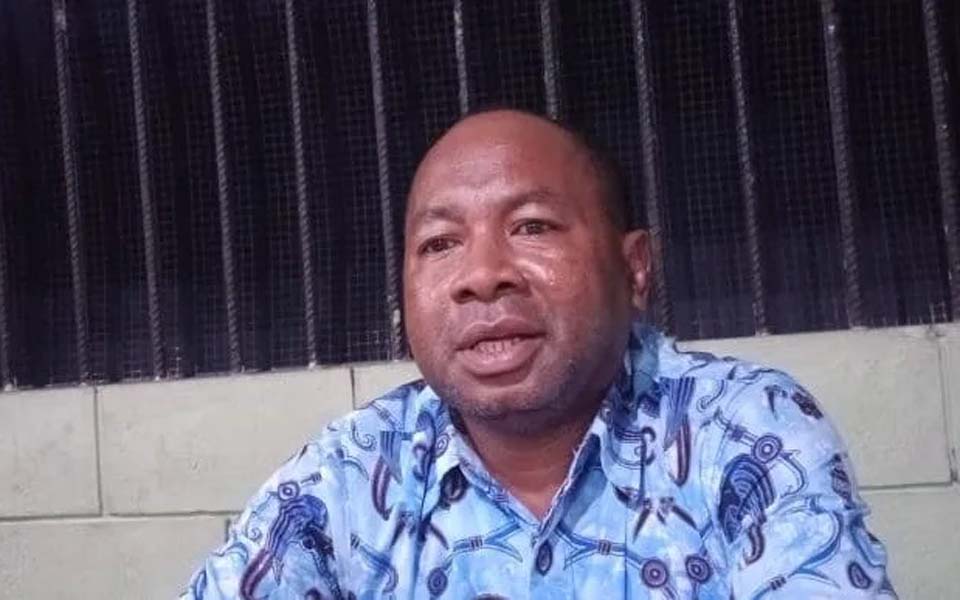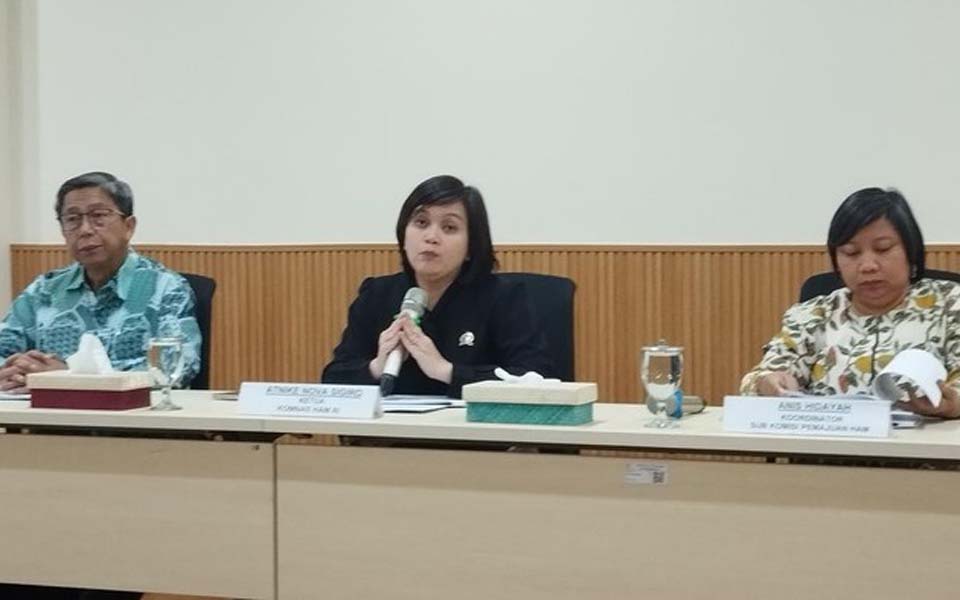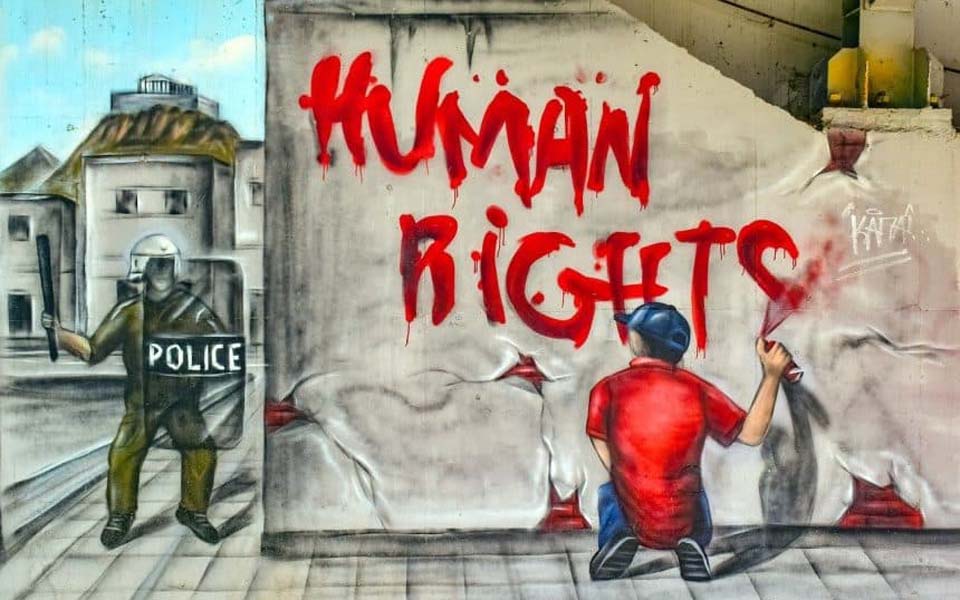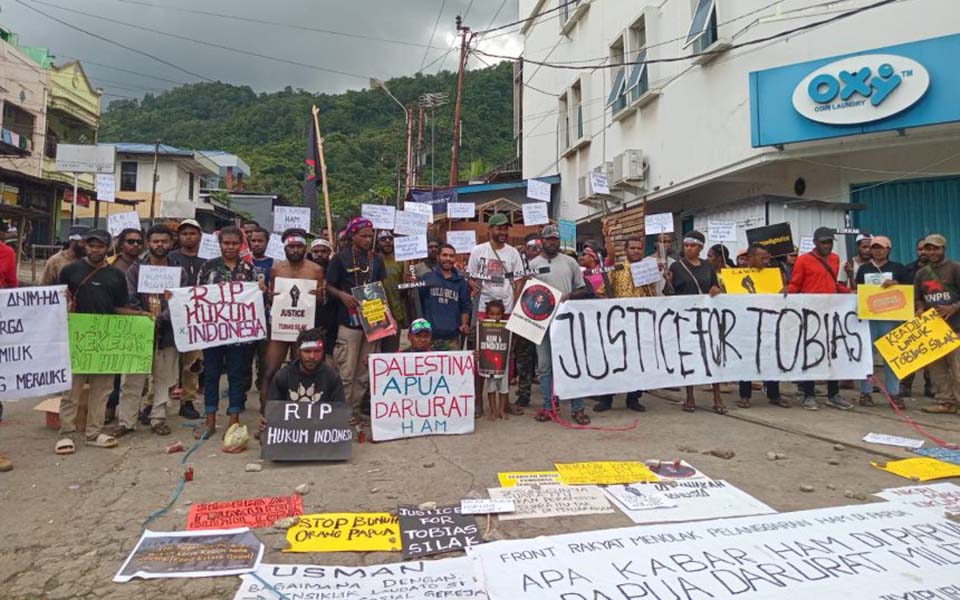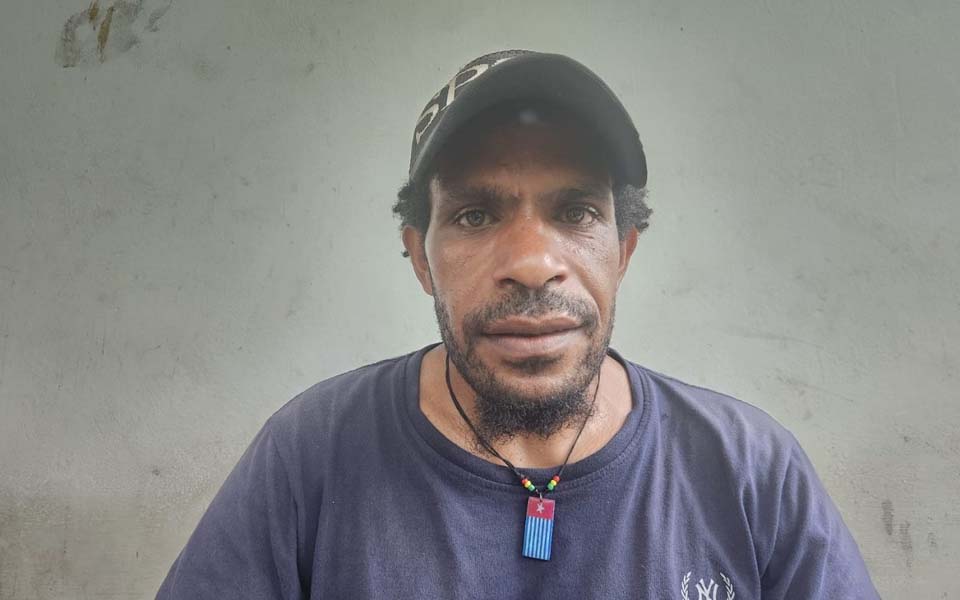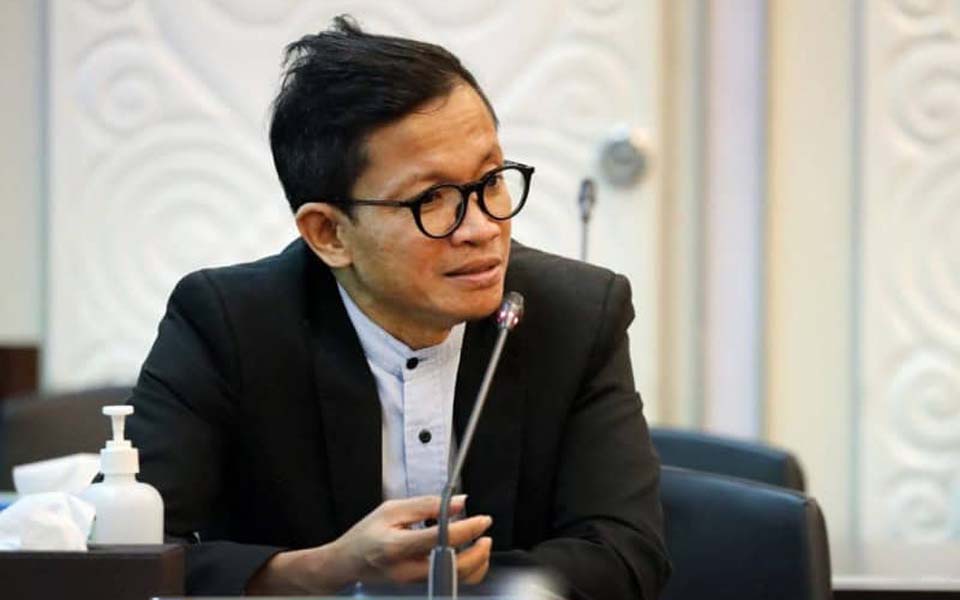April 4, 2003 was a dark day for the Papuan people, especially in Wamena. Exactly 22 years ago on this date, a joint TNI (Indonesian Military) and Polri (National Polie) team conducted a sweep of 25 villages and hamlets to find the perpetrators of the break-in at a weapons warehouse belonging to the Wamena/1702 District Military Command I (Kodim) in which two soldiers were killed.
The sweep carried out by the security forces resulted in at least four people being killed, 39 being tortured and five being victims of enforced disappearance, and one person was even subjected to sexual violence.
The National Human Rights Commission (Komnas HAM) has actually conducted an investigation into the alleged human rights violations that occurred during the Wamena Tragedy. On September 3, 2003, Komnas HAM submitted the pro-judicial investigation results to the Attorney General's Office (AGO) to be followed up by a criminal investigation, but unfortunately the report has never been followed up by the AGO.
The stalled law enforcement process shows the poor situation of human rights enforcement in Indonesia, especially in Papua. The state that should have the responsibility to provide protection, fulfillment and respect for human rights is in fact neglecting this responsibility. This neglect also shows that the government does not have the will and seriousness to enforce human rights in this country. Yet, law enforcement is something that is very important for the protection of human rights itself in order to prevent a repeat of future incidents.
On the other hand, the government has chosen to take a shortcut to resolve this incident through a non-judicial resolution. As is commonly known, in January 2023 former president Joko "Jokowi" Widodo acknowledged that 12 incidents of gross human rights violations had taken place in Indonesia, where the Wamena Tragedy was included in the list. However, criticism and rejection of the non-judicial resolution were voiced loudly, including from the families of the victims. In fact, the families of the victims firmly rejected a resolution through non-judicial channels and demanded that the tragedy be resolved openly.
Moreover, the resolution provided through this mechanism only focused on compensation and rehabilitation, while this is considered disproportionate to the suffering they have experienced. The victims certainly want a transparent legal process in resolving this tragedy. The desire to resolve it through judicial channels is the main demand, because this process is expected to reveal the truth and provide appropriate punishment and sanctions for the perpetrators so that justice can be provided and the victims' rights can be restored comprehensively. Ultimately, the state's failure to enforce the law in an accountable and transparent manner creates a culture of impunity that is increasingly common for perpetrators of human rights violations.
The absence of law enforcement and the persistence of impunity make repeated human rights violations inevitable. It is important to remember that the Wamena Tragedy is one of many violent incidents and human rights violations that have occurred in Papua. Based on monitoring that Kontras conducted from mid-April 2024 to March 2025, there have been at least 66 incidents of violence committed by security forces against civilians in Papua, which have resulted in 29 deaths and 43 people being injured.
Furthermore, the high rate of violence that has occurred in Papua cannot be separated from the militaristic paradigm that has been applied by the government to resolve the situation in Papua. Over the same period, the government deployed 5,987 military personnel to "maintain" stability in Papua. In fact, this paradigm or approach taken is the main factor for the high rate of violence and human rights violations that have occurred, which are further exacerbated by the racist perspective of TNI and Polri officers towards the Papuan people. This perspective ultimately sidelines the criminal justice system in the law enforcement mechanism, which makes the situation even murkier.
Furthermore, the situation of human rights enforcement in Indonesia is felt to be at its lowest point. This is reflected in the defence related policies issued by the Indonesian government, one of which is through the recent ratification of revisions to Law Number 34/2004 on the TNI. These revisions to the TNI Law allow for the placement of active TNI personnel in civilian positions which it is feared will create conflicts of interest and abuse of authority. Moreover, the placement of the TNI in the civilian realm could also increase the potential for repressive actions against civilians. Furthermore, this additional authority is not balanced by strict supervision over or judicial mechanisms to address any abuses of duties. So that in the end, through the ratification of this law, it has given rise to concerns about the return of a militaristic culture under the current regime like the New Order regime of former president Suharto, which of course betrays the mandate of reformasi (the political reform process that began in 1998), which upholds the spirit of civil supremacy.
Based on the above, Kontras demands:
First, the president must be seriously committed to carrying out the obligation to protect, fulfill and respect the human rights of the Indonesian people and conduct a comprehensive evaluation of defence policies in Indonesia, especially in the Papua region, and withdraw all TNI/Polri troops that have been deployed in Papua. Then, issue a policy to immediately cancel the ratification of the revisions to the TNI Law because it could erode the essence of democracy of the Republic of Indonesia;
Second, the Attorney General must immediately follow up on the report on the results of the pro-justice investigation by Komnas HAM and immediately form an ad hoc team to resolve the Wamena Tragedy;
Third, the Witness and Victim Protection Agency (LPSK) must play an active role and go directly to the victim's families in order to be able to provide access to medical, psychological and psychosocial assistance for the victims and families as a right for the serious human rights violations that have befallen the people in Wamena.
Jakarta, April 5, 2025
Kontras Working Body,
Dimas Bagus Arya, Coordinator
Contact person: +6289651581587
Commission for Missing Persons and Victims of Violence (Kontras)
[Translated by James Balowski. The original title of the article was "Rilis Pers 22 Tahun Tragedi Wamena Berdarah: Absennya Negara dalam Melindungi Hak Asasi Manusia di Tanah Papua".]







